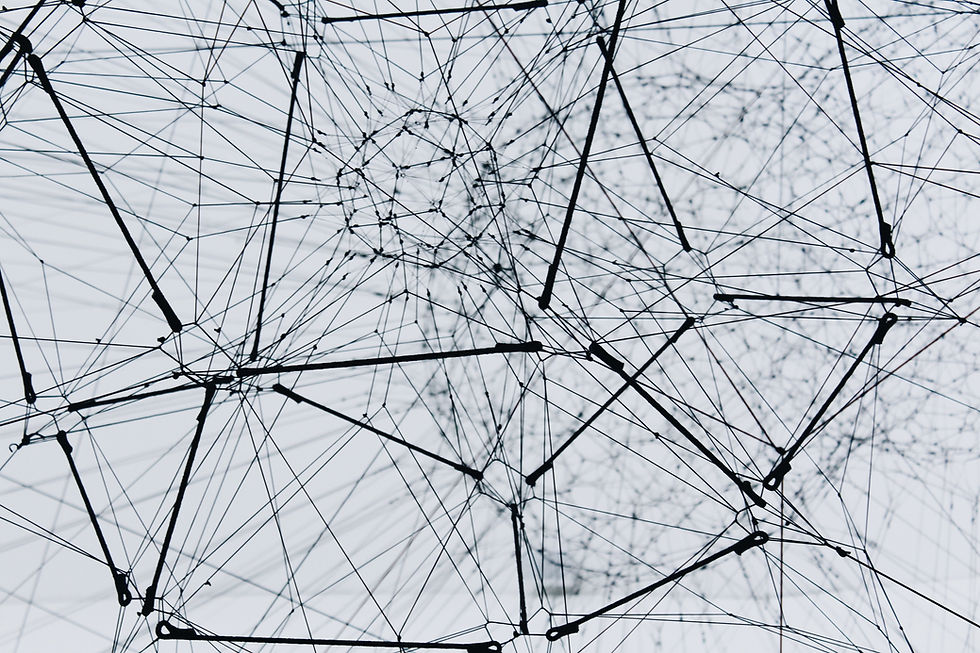Transform your worries with... bingo?!
- Luka Brave
- Mar 20, 2023
- 3 min read
Updated: Feb 17, 2024
Games mean different things to different people. When you say “game” to one person, they might think of classic Mario, jumping through pipes. Another person may think of Monopoly. A third might go to a roleplaying game like Dungeons & Dragons. The concept of gaming is broader than many people think, and many of us are gamers without realizing it!
In fact, there are a lot of ways to make use of the fun and focus that games provide, far beyond entertainment value. Many Autistic people already know this and will tell you that playing games isn't just about fun for them. This is the reason behind a rising trend in mental health and disability spaces called "gamification." It means exactly what it sounds like: taking aspects of everyday life and making them feel more like a game!
Often, gamification describes the creation of apps or video games that make daily life more engaging. But if you're not so tech-oriented, you can still reap the benefits of this strategy. The technique we'll describe here is so simple and easy to use that it may surprise you! You don’t need an app, any technology, or advanced knowledge of how to game. All you need is a pen and paper.
One thing that games do is increase the dopamine in our brains. Dopamine is a neurotransmitter, one of the chemicals sent between cells in your brain and body when they communicate. Dopamine tells you when something is motivating or pleasurable. So when you have more dopamine floating around your brain, you feel more engaged and motivated. Lots of things increase our dopamine, like a TV show we love, seeing a cute animal, or, you guessed it—gaming!
Dr. Jane McGonigal studied gaming at UCB and went on to develop the mental health video game SuperBetter. She has found that one of the most effective ways to increase your dopamine is to make a prediction. It doesn’t matter whether your prediction turns out to be right. The act of making a prediction, seeing the results, and learning something is all it takes to increase your dopamine. According to Dr. McGonigal, we can leverage this principle using the classic game of bingo.
When you find yourself in a situation that seems scary, overwhelming, or hopeless, things can look bleak. The possibilities of all the bad things that could happen might constantly swim through your head. It's so overwhelming that it feels like you might drown in your worries! Dr. McGonigal's suggestion? Make a bingo game about it.
Let's do this!!!
Setting up the bingo card, make each square represent a scary thing that might happen. You might be imagining things like like “my boss comments on my outfit during the presentation” or “my teacher brings up an old essay she didn’t like”.
By writing your thoughts on the bingo card, you transform your worries into predictions. You have changed the scary event into a game you can play, and you might find it isn’t so scary anymore. Not only that, but once your predictions start proving true or false and your brain starts making dopamine, it might even be fun!
There are many more ways we can harness the power of games (and the power of fun!) to enrich our lives, improve our mood, and help us take on challenges. If you or a loved one’s life could benefit from some gamification, an autism life coach is the perfect person to help. When you work with an autism life coach, you'll learn strategies like the bingo method and even new ones tailored just for you. Contact us to get started with a Coach and learn to live your life more gamefully!




Comments